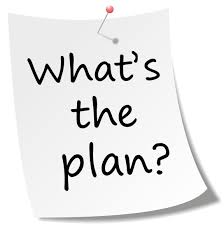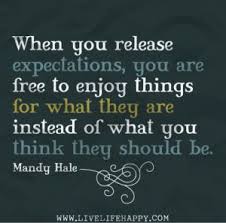I just finished re-reading ‘The Power of TED’ by David Emerald and am pondering where I consistently jump into the Dreaded Drama Triangle. If you’re not familiar with the Drama Triangle, I invite you to get the book and read it. The Triangle consists of 3 positions we play in our self-created dramas: Victim, Persecutor, and Rescuer. When you read the book, you’ll also learn that in your dramas, you play all the positions, just at different times, and for different periods of time.
Story-time (a real story):
Recently, I was given a very clear lesson as I reflect back on my own drama while at my nephew’s wedding.
Dan and I arrived at my sister’s place a couple of days prior to the Saturday wedding to help with preparations. On Friday, there were a bunch of tasks to be done, time schedules to meet, and challenges were presenting themselves right, left, and center.
I quickly jumped into the Rescuer Position of the Triangle, offering solutions, making decisions, and fixing situations where it was not my place. My actions indicated that I viewed my nephew as incapable, and less-than-resourceful.
I assume my nephew felt victimized. Harsh words ensued – from both of us as we looped around the Triangle from Victim to Persecutor to Rescuer.
The harsh words? I felt I needed to defend my ‘right’ position! I assume he was doing the same thing.
Upon reflection, I recognize that I wanted to know the plan for the day, and not having that shared with me, I unconsciously assumed there was no plan. That was the farthest thing from the truth! In fact, things were very well planned and my ‘rescuing behavior’ was messing up those plans.
I love my nephew deeply, and I wanted his special day to be exactly what he and his fiancée pictured it to be. Fortunately, things turned out beautifully, except for the nagging feelings I had. I hadn’t behaved as I would have liked. This gave me a huge opportunity to reflect and learn from those reflections.
Here’s what I learned: Just because I don’t know the plan, doesn’t mean there isn’t one.
- Hmmmm, how often do I jump in to ‘help’ when I haven’t been asked?
- What is the underlying message I’m giving to the person with whom I am interacting?
- What is my intention in being soooo ‘helpful’?
As I analyzed (or is that anal – ized) those questions, I learned that my self-worth is often enhanced when I feel like I am valuable. If I can be of service to others, then I believe I add value, and am therefore valuable. Hmmm, so who am I if I am not performing an act of service?
I also learned that things are not always how they appear. Just because someone appears scattered, doesn’t mean that they don’t have a plan.
What might have happened if I had asked some questions such as:
- I’m curious. What does your plan for the day look like, sound like, feel like?
- In the bigger view of the day, how might I support you?
- What is the best thing I can do for you right now?
My most important task is to LISTEN to the responses. If I truly want to be of service, my job is to do whatever is asked of me – even if that is nothing! It is extremely important that I see the other person as being capable, resourceful, and a creator of their own experiences – to fulfill their own plan.
I missed the opportunity do that for my nephew, in the past. However, I know there will be more opportunities in the future to practice this and build the trust with him, and with others.
As I move forward, my reminder for myself is this thought, “Just because I don’t know the plan, doesn’t mean there isn’t one.”
How does this relate to you? I’d love to have a conversation with you.
By Carol Ohler


Thank you, Carol,for sharing your experience. I really appreciate these three points:
“Just because I don’t know the plan, doesn’t mean there isn’t one.”
“…things are not always how they appear.” I have been learning this one.
“If I can be of service to others, then I believe I add value, and am therefore valuable. Hmmm, so who am I if I am not performing an act of service?”
This article is well written with great questions, as well. I will take these points to heart as I interact with others because I really like to help others. I need to start asking questions more frequently such as “What does your plan for the day look like?” Thank you for helping me with my relationships!
Hi Cheryl,
Thank you for your comments. Writing about these situations is always a great learning for me – to improve myself and my relationships.
I appreciate you for your comment about asking more questions. As coaches, Dan and I know the power of asking good questions, ones for which you don’t have the answers. They help us, and clients, to go deeper within, to find the answers that really matter.
As an interesting question, I invite you to consider editing your question a wee bit to, “What does MY plan for the day FEEL like?” My experience is that when I decide how I want my day to feel (first thing in the morning), then I find the situations to make that true. Truth equals peace.
Have fun with it.
Carol